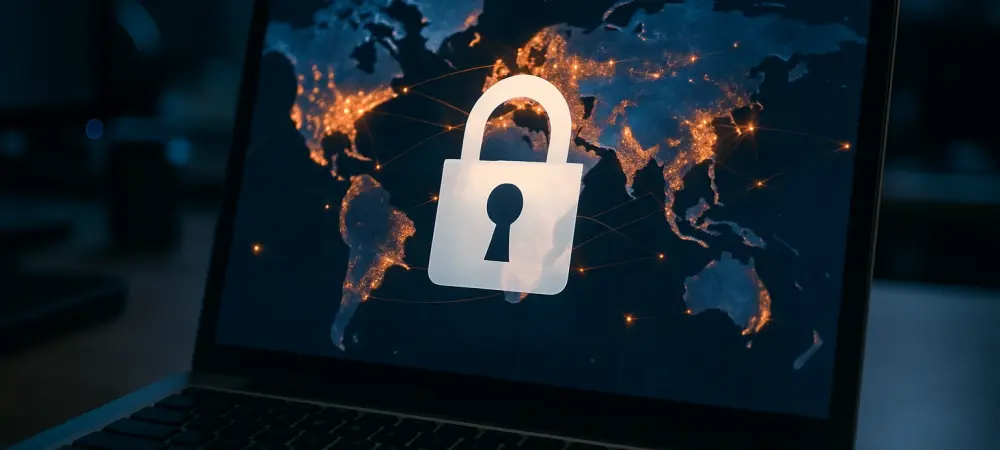The Internet of Things (IoT) has rapidly infiltrated various industries, emerging as a pivotal component in operations ranging from agriculture to industrial control systems. While its significance grows, IoT’s security vulnerabilities present a pressing challenge. A substantial fraction of IoT devices is now acknowledged as potential points of intrusion, necessitating immediate attention to their security readiness.
Current State of the IoT Industry
The IoT industry is undergoing a transformative phase, encompassing a vast array of connected devices aimed at enhancing operational efficiency and user experience. This sector includes diverse segments such as smart homes, industrial IoT, healthcare devices, and more. These technologies are intrinsically linked with everyday life and operations, emphasizing their necessity. Key players pioneering these advancements include tech giants and emerging startups alike, navigating complex regulatory landscapes in countries worldwide. IoT’s regulatory framework varies significantly, with efforts underway to establish more standardized security protocols amidst rapid technological evolution.
Trends Shaping IoT Security
Emerging Trends and Technologies
Several emerging trends are reshaping IoT security. These include AI-driven cybersecurity measures, increased investment in robust network protocols, and the gradual move towards decentralized systems. Consumer behaviors are also shifting as awareness of privacy and security heightens. Opportunities arise from these trends, as companies develop new technologies to protect IoT ecosystems efficiently. Market drivers include the necessity for secure networks to ward off sophisticated cyber threats and the growing importance of data integrity.
Market Data and Projections
Market performance within the IoT security sector indicates notable growth, with key metrics suggesting positive future development. Projections highlight an upward trajectory, expecting the IoT security market to expand significantly in response to amplified threats. Analysts forecast increased expenditure on security solutions and infrastructure, anticipating these trends to play a crucial role in shaping IoT security practices over the coming years.
Challenges Facing IoT Security
IoT security faces multifaceted challenges, from technical intricacies to stringent regulatory requirements. The sheer variety of devices, each operating on different protocols, adds layers of complexity to securing IoT networks. Moreover, the lack of standardized security protocols has been a persistent issue, posing risks of vulnerable entry points for cyber attackers. To mitigate these challenges, collaboration between industry stakeholders and policymakers is essential, fostering innovative solutions and enhancing resilience.
Regulatory and Compliance Landscape
The regulatory environment of the IoT industry is ever-evolving, influenced by significant legislation and growing awareness around data privacy. Compliance with stringent laws and security measures is pivotal to maintaining trust among stakeholders and ensuring safe deployment. Organizations are increasingly required to adapt to these regulatory changes, aligning their operations with global best practices. As regulations become more defined, they drive the industry towards a higher standard of cybersecurity.
Future Directions for IoT Security
Looking ahead, IoT security is poised for dynamic advancements. Emerging technologies such as zero-trust security frameworks and enhanced cryptographic measures are anticipated to strengthen defenses. Innovations in machine learning and AI will further empower security systems, providing robust protection layers. Regulatory evolution, coupled with ever-changing consumer needs, is expected to catalyze further advancements in IoT security, ensuring it remains adaptive to new threats.
Conclusion and Recommendations
The findings indicate that IoT security has been under continuous development to confront an increasingly complex threat landscape, though challenges still linger. For the industry to advance, focus should shift towards investing in cutting-edge technologies and fostering collaborative networks to share knowledge and best practices. Potential growth lies in refining existing security frameworks and incorporating innovations that address the root causes of vulnerabilities. Moving forward, a concentrated effort to develop adaptable, secure, and efficient IoT solutions will be vital for sustaining industry trust and success.

